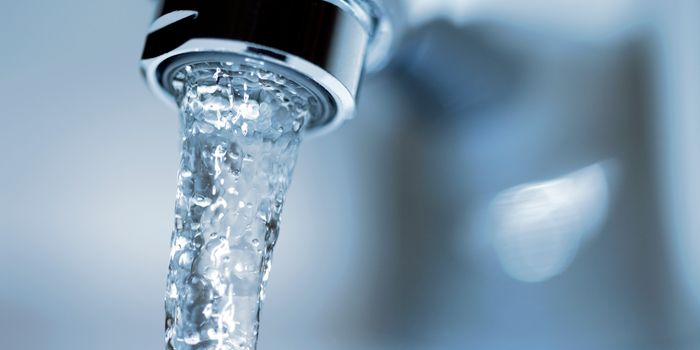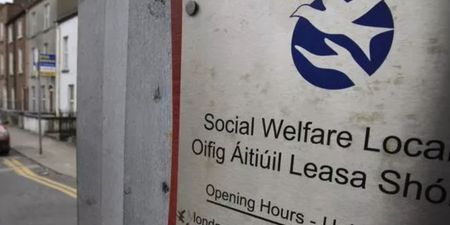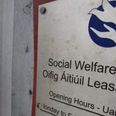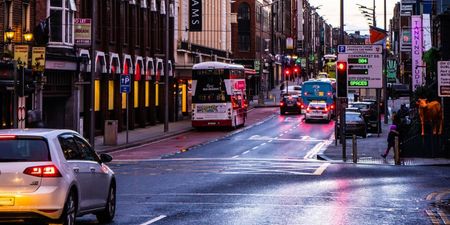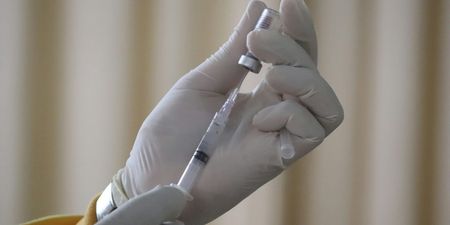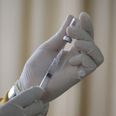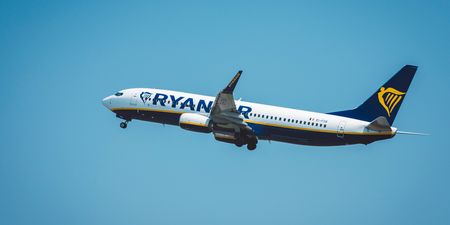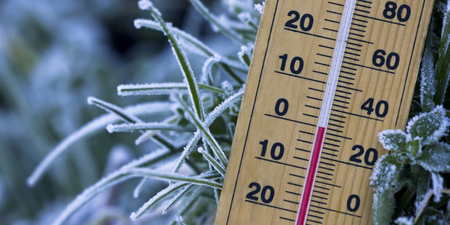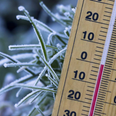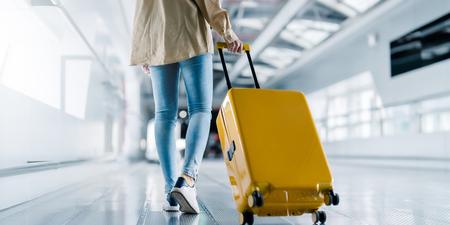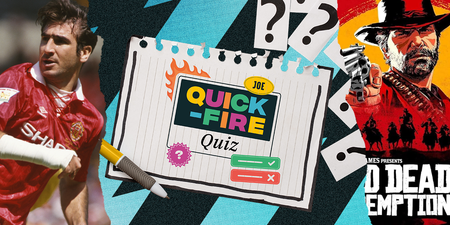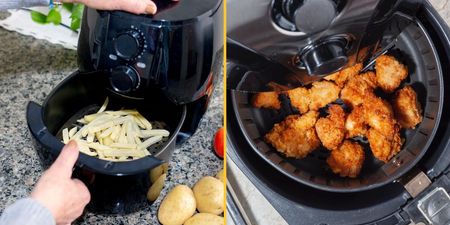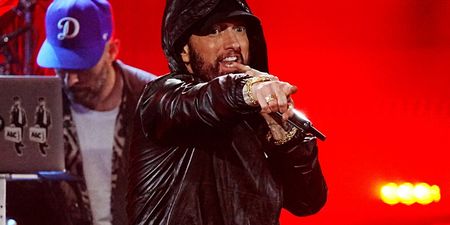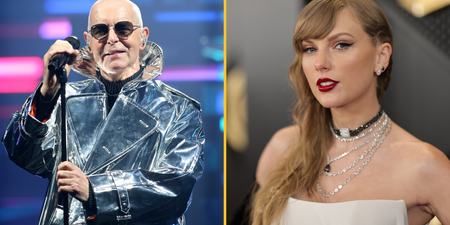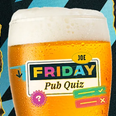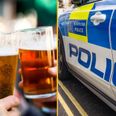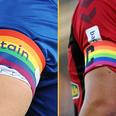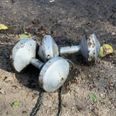The Environmental Protection Agency predict that Ireland won’t meet the EU’s drinking water standards until 2020.
In the latest report on Ireland’s drinking water, the EPA have revealed that while the standard for the nation remains high – 99% of the water sources meet requirements – there are still 72 sources around the country that are “at risk”.
This means that the EPA expects drinking water to comply with EU standards by 2020, 16 years after the deadline for compliance.
As per the new report, of the 72 “at risk” supplies on the EPA Remedial Action List, 52 of these supplies have elevated levels of trihalomethanes, and 17 of these supplies lack adequate treatment to prevent Cryptosporidium entering the water supply.
Remedial works for 38 of these supplies are due to be complete by the end of 2018, with the rest expected to take an additional two years to match EU standards.
The full list of the 72 “at risk” supplies can be found here, with sources the be found in the majority of the counties across the country.
Commenting on the report, Mr Gerard O’Leary, Director of the EPA’s Office of Environmental Enforcement said:
“Irish Water plans to have all public drinking water supplies compliant with existing EU public health standards by the end of 2020. These standards came into force 16 years ago. There are currently 72 supplies where infrastructure is needed to achieve this goal. Continued investment will be required to achieve compliance with current public health standards and new standards expected to be in place by 2020.”
Darragh Page, Programme Manager, EPA’s Office of Environmental Enforcement, commented on the downward trend in E. coli contamination in drinking water:
“The incidence of E. coli in public water supplies has been on a downward trend for the past ten years. There was a slight increase in E. coli detections in 2017, serving as a reminder that we need to remain vigilant against E. coli in drinking water. The best way to ensure our drinking water is free of E. coli is by having a robust disinfection system in place with good checks and controls on the treatment process.”
LISTEN: You Must Be Jokin’ with Aideen McQueen – Faith healers, Coolock craic and Gigging as Gaeilge
